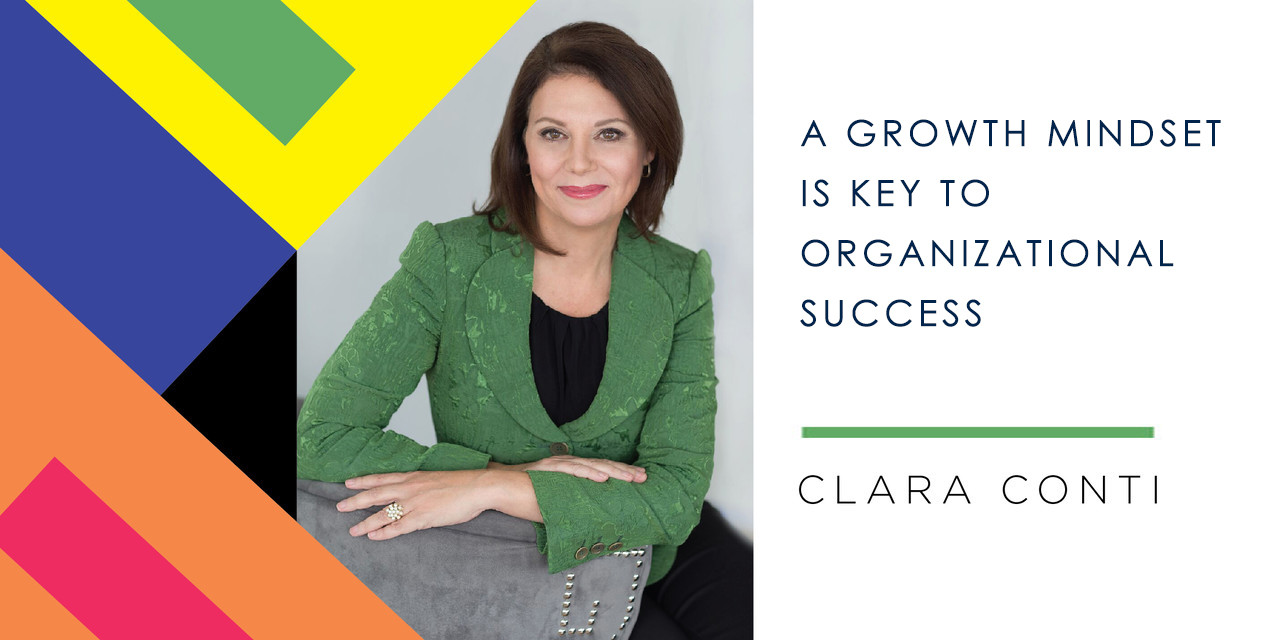
What would you try if you believed that you could not fail?
Perhaps you would launch a new business venture or leave your job in favor of self-employment. Perhaps you would return to school for an advanced degree, if you believed you could succeed in the program of your choice. You might learn a second or third language, if you believed that you had the intellectual capacity, time and mental space to do so. If you are like most people, you likely have a list of things that you would like to try. Whether you try them or not may come down to your mindset or your belief about the prospects of success.
One of the reasons some people fail to grow, pursue their dreams, or try big things is because they do not believe they have the capacity or the intellectual ability to succeed. It turns out that our beliefs about our ability to learn and grow hinges on whether we have a fixed or growth mindset.
Dr. Carol Dweck, the Lewis and Virginia Eaton Professor of Psychology at Stanford University, found that our willingness to exert extra effort, or work to overcome limitations, comes down to mindset. People with a growth mindset believe that with effort, they can improve. She notes on her website, https://www.MindsetWorks.com, that a growth mindsetis characterized by a line of thinking that says, “I can improve,” “effort makes me stronger,” or “I’d like to spend more time and effort improving.” People with a fixed mindset, on the other hand, believe that they have a finite set of abilities, and are less willing than others to invest extra time improving in areas where they may be weak. Rather than exerting additional effort, they believe that they are unable to change, so what’s the use.
Dweck found that people with a growth mindset believe they have the capacity to learn and grow, and therefore invest the effort in doing so. When Dweck introduced the fixed and growth mindset concepts, she was looking to explain the underlying beliefs that people have about learning and intelligence and their willingness or unwillingness to do more to get ahead.
Few people will disagree that mindset is key. However, in business, a growth mindset is not just a “nice” thing to have; it is an imperative. Mindset is a determinant of culture, and it is also a key input for innovation. When a company has cultivated a growth mindset, they emphasis the journey of a project, rather than solely focusing on the destination or end goal. They are driven to learn as much as possible and make debriefs, observation and dialogue with team members a core part of everything they do. Rather than being focused solely on succeeding at every product offering or campaign, company executives and program leaders are interested in whether their teams are growing and learning amid execution.
Companies that cultivate and encourage a growth mindset, are focused on anecdotal evidence of success as well as data-driven research. They may be using data analytics in some aspects of their companies. Even if their engagement with data—to determine growth—isn’t as advanced as what one might see in a Fortune 500 company, companies that have cultivated a growth mindset, are interacting with data on some level. They want to learn, and data enables them to know whether they are doing so and in what environments such growth takes place.
Companies where a fixed mindset prevails may be less likely to take risks. They may focus on their present product offerings at the exclusion of innovations that may be needed in the future. They look for an immediate return on investment without appreciating that growth does not happen overnight.
Companies that have a fixed mindset may be unwilling to invest in professional development for their staff, citing costs or relevance to the position a person presently occupies. If they are investing in professional development, they are likely doing so for a select number of people—often people who are in senior leadership roles.
A key purpose of the entire self-help industry that motivates others is to influence people to move into a growth mindset way of being and thinking. People like Simon Sinek, Lisa Nichols, Eric Thomas, Tony Robbins, John C. Maxwell share leadership lessons and stories to inspire people to tackle what may initially seem impossible or difficult to accomplish. In their live events, online chats, social media feeds and video recordings, they psych up their followers to achieve their goals.
It is no wonder that many brands are increasingly turning to these and other self-help gurus to coach and support their teams. It is also no surprise that brands are increasingly turning to motivational content to inspire excellence in their teams.
If you are leading a team or working in a culture that does not appreciate the growth mindset, then know that many of us are on a scale. A growth mindset can be cultivated by emphasizing the possibility that all of us can change—the brain is malleable—and by consciously working to shift from a fixed mindset to a growth mindset that is open to limitless opportunities.
If you want to create a workplace and a life that positions you for success, focus on your mindset—it truly is the key to everything.
Clara Conti is a serial entrepreneur, senior executive, and change agent. Connect with her on LinkedIn or Twitter (@ClaraConti). The postings on this site are her own and don’t necessarily represent IBM’s positions, strategies or opinions.